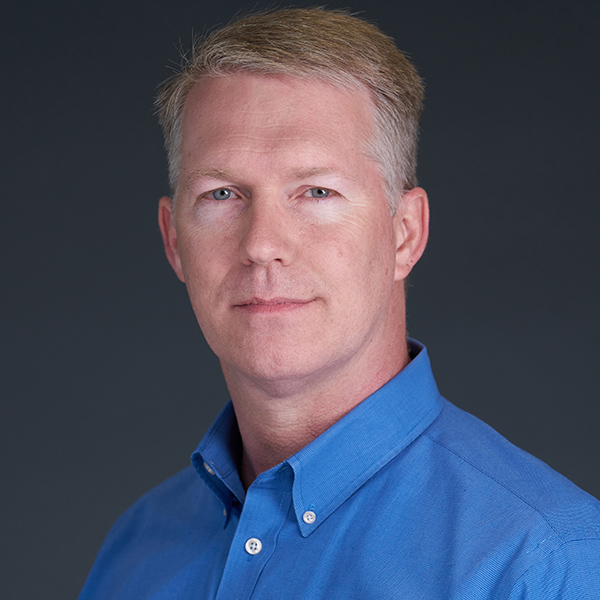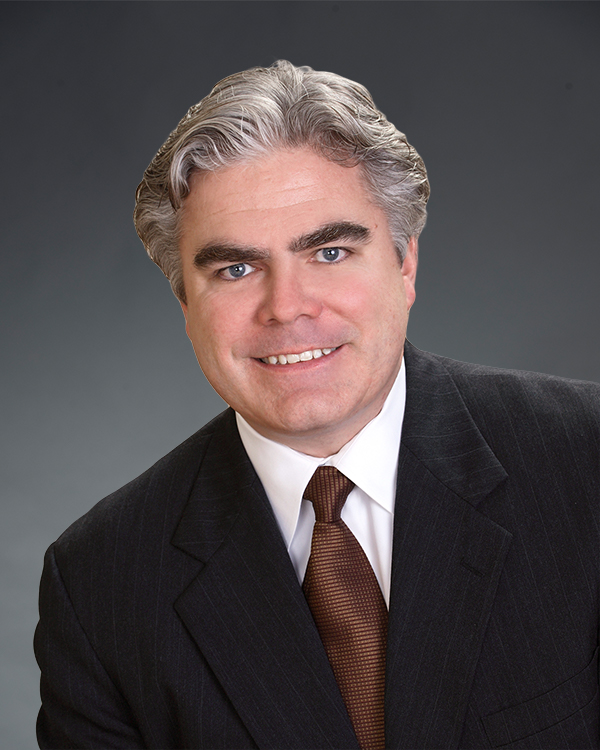Author — Tim Overcash with contributions from Brian Cole, Ph.D. and Evan Smith
June is National Men’s Health Month. This month is all about raising awareness and encouraging men to employ healthy behaviors that positively impact their mental and physical wellbeing.
Your health is your foundation. Your success as a leader, your daily business performance, and every aspect of your public and private life—all depend on your robust health.
 Of course, you already know that. But let’s get specific and present some useful advice.
Of course, you already know that. But let’s get specific and present some useful advice.
Health starts with mental fitness
When you think about your health, top-of-mind is probably gym workouts, running, golf, diet, etc. But that’s not where fitness begins.
It starts in your head—your overall health is highly mental. Your mental health profoundly affects your physical health. Mental fitness enables you to problem-solve effectively and to make better decisions. Here are some keys to good mental fitness I’ve discovered over the years: be your honest self, truly balance your work and life, make family time, and make “me” time. Let’s zoom in on each of these—
Be your honest self. In the business world we often fear disagreements, the power of others, and peer pressure. This can lead to avoiding certain people, speaking half-truths, and failing to act when we should. But this erodes people’s trust in you and creates continuing stress you don’t need.
Our world of constant change often leads to uncomfortable situations where you need to have tough conversations. So, speak up. Be honest. Don’t let time pass by. Someone may not like what you share with them (or you won’t like what they share with you). But they will respect your candor, and you will respect theirs. Being honest and truthful with yourself clears your mind and keeps you stress-free. And your personal integrity and ethics are highly visible, making you a role model, strongly influencing those around you. My personal honesty has kept me mentally fit for decades.
Work/life balance. Especially in a leadership role, each day can be a battle to balance your work, family, friendships, recreation, and sleep. Leaders excel by nature, so the pressure and temptation to work extra hours and weekends is always there—both external pressure from your organization and your own internal drive to succeed.
Some leaders feel they must be on overload all the time, but such stress is like sleep deprivation. It’s cumulative, and it takes time to restore yourself and recover. You can’t be “always on,” no matter how motivated; stress impacts your mind and body.
There is a strong business case for work/life balance. When you achieve this balance, you simply perform better, because you are less stressed.
You know how refreshed you feel after time away from work, even briefly. You return to your job with new energy, perspective, confidence, and drive. It’s therapeutic time away from the demands at work. Your “getting away” time, whether for an hour or a week, improves your personal efficiency.
To maintain mental fitness, you must disconnect from work. Schedule serious time to do so, and honor that time. Focus on disconnecting and put work completely out of your mind, no matter how pressing. Work/life balance is a priority, not an option.
Family and relationships. Regardless of how high you are in your organization, you are still a social human. Time spent with your family is essential. This includes family dinners—breaking bread together is good for everyone. We plan occasional weekends at our cabin in the woods—with no TV, and our phones rolling to voicemail. Also rejuvenating is time with your friends and even business associates if in a social setting, like golfing.
“Me time.” We also need some time for personal ourselves. I ride my bike, mow the lawn, hike, work on a hobby, or read. I am rejuvenated by solitude. Whatever works for you. Protect your personal time and your mental place.
Health also means exercise, of course
Being healthy is whole-body, so we all need exercise. You know what makes exercise work: it must be handy, fun, and not an onerous chore. It’s too easy to find excuses not to exercise when an activity is difficult, boring, or requires too much travel or prep time.
If your company offers on-site or next-door exercise facilities, use them! If you have an at-home gym, pool, or walking trail outside your door, use them! If the best you can do is bust out the door and walk a few blocks, do so, entertaining yourself along the way with music or podcasts, or observing people, or studying the architecture of what you pass, or just thinking about something you like to do (that is not work).
The tricks to successful exercise are convenience, having what you need at hand, motivation, and taking small bites:
- If you travel, go prepared—for example, if you run, pack running shoes.
- Don’t let “oh, I don’t have what I need, so I’ll skip exercise today” be an excuse.
- Many health-related apps are available for your phone, so use them. Many will give you feedback on your performance.
- Share exercise with others for mutual motivation, but focus on your own progress, not that of others.
- Take small, realistic steps that you can achieve without heroics. Don’t bite off too much. Gradually increase your exercise and achieve small victories.
- Walk, don’t ride. Take the stairs, not the elevator.
- Plan—don’t leave exercise to chance!
Health also means diet, of course
You know the rules: minimize fast food and sweets, avoid carbs, avoid processed foods, reduce salt, eat fresh. Keep your weight down. The big reward here is that you will simply feel better, and this translates to being more energetic and alert in your work, better able to handle problems big and small. You are what you eat, so eat moderately and sensibly and feel better.
Plan ahead to control your meals. If you don’t, you’ll fall back on fast food or the vending machines to save time. Stock your kitchen and wherever you eat lunch with healthy foods, so they are handy.
Don’t eat lunch while you work. Get out. Walk to lunch instead of bringing it or having it delivered.
Set aside your phone—and the news
Your phone is another stressor. Set it aside when you rest, exercise, dine, or sleep. And while you’re at it, break the news cycle. It’s often stressful. You do need to know what’s going on, especially in your business, but you don’t need a steady flood of breaking news, disasters, politics, opinion, etc. It’s needlessly stressful. Create your own stress-free zone with the “off” switch.
Sleep tight
Sleep is the great restorative and keeps you sharp. Do your best to sleep on a regular schedule—you can’t make it up on weekends. We all vary in our sleep requirements, but eight hours is the standard target.
If you often travel across time zones, try to keep on your “home time.” Example: If you live in Boston but often fly to the West Coast, stay on Eastern time: retire and arise at your normal home times to maintain your sleep schedule. This helps avoid jet lag.
Charting your own healthy path
It’s just like your job: formulate a plan, work out the logistics, create a budget (for your time), and then execute. And monitor your results, so you can see your progress. It’s like your daily work, but instead apply it to your health.
Share your health plan with your spouse, partner, close friend, or even a coworker. This helps you think it through and might even help them with their own health pathway. And you might even find that you can share some part of it, like an exercise activity. And diets always work best when shared with someone, as you can encourage one another.
A final word
Better health gives you the stamina and alertness for everyday performance, but especially to meet challenging, stressful times. Make whatever you do for your mental and physical fitness rewarding, reinforcing, fun, and something you are proud of.
As I said in the beginning: your health starts in your head—your overall health is highly mental. Your mental health profoundly affects your physical health, and mental fitness enables you to problem-solve effectively and perform your best. You, your career, your employer, and your family and friends will all benefit.
ALULA's lead author Tim Overcash, CFO would like to thank his colleagues Brian Cole, Ph.D., Sr. Principal and Evan Smith, Manager of Information Technology, for their contributions to this post.









